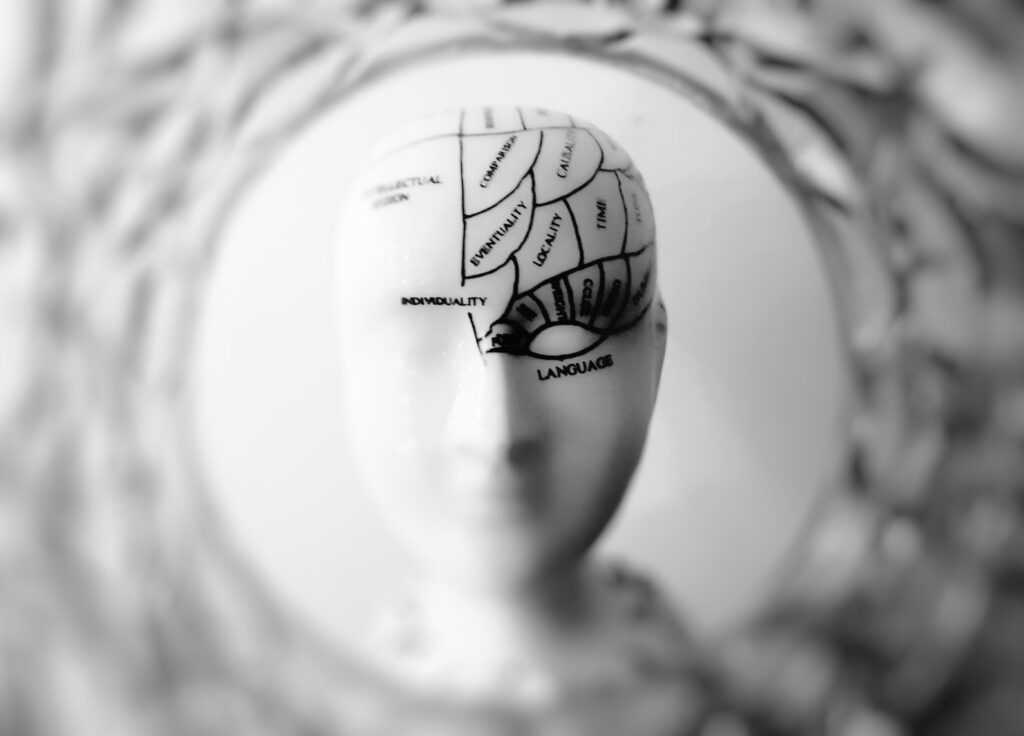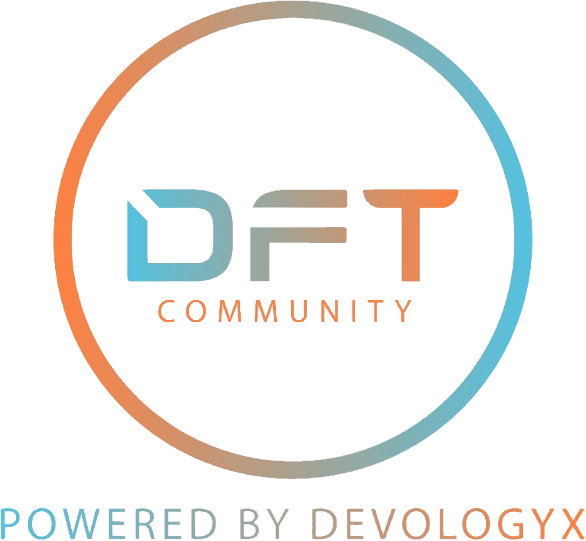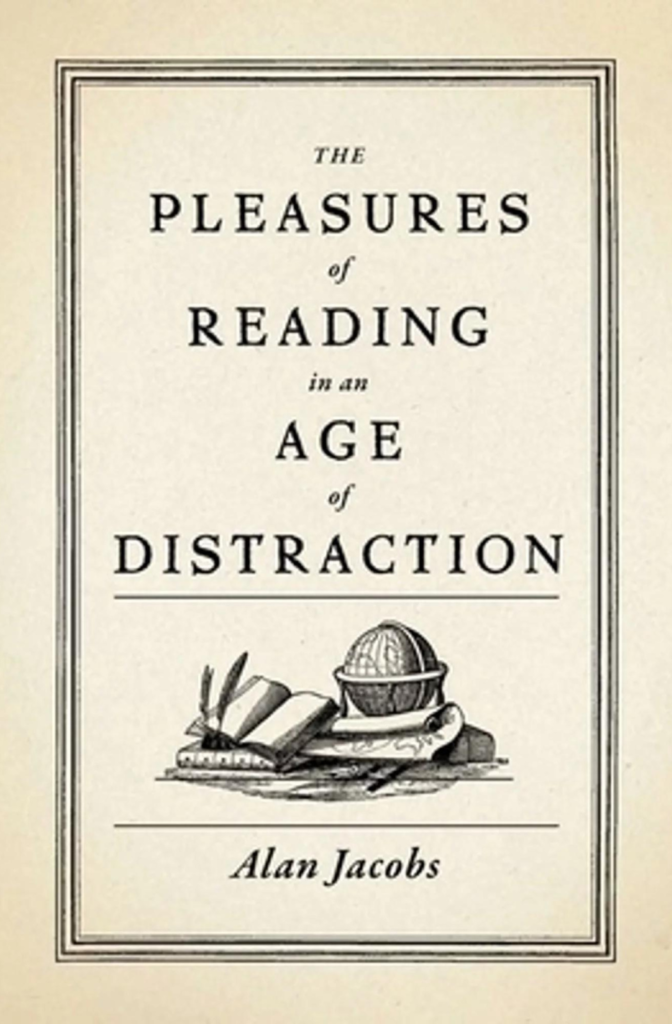Many people believe that reading, especially analytic reading, is declining. The belief goes that people spend a lot of time distracted by devices. So when the devices are turned off for an extended period, people usually read useless things. In this book, the writer takes an opposite point of view. He argues that reading is not only alive and well. But people suffer from confidence issues: they wonder whether they read well, with actual focus and attention, and with proper discernment. The Pleasures of Reading in an Age of Distraction was written by Allan Jacobs and published on 12th May 2011.
HOW THIS BOOK HELPED US?
The Pleasures of Reading in an Age of Distraction helped us realise that to keep reading, we must read the books and novels we love that inspire us rather than reading what someone else has recommended. Also, the book taught us to read out of inspiration and with love. Rather than reading to teach, criticise or win an argument.
THE BOOK EXPLAINED UNDER 60 SECONDS
This book suggests that reading is still alive and well. But instead, readers lack confidence; they wonder whether they’re reading well, with proper focus and attention, and with due discretion. The Pleasures of Reading in an Age of Distraction offers some simple and compelling advice: read at whim, read what gives you pleasure and do so without shame.
TOP THREE QUOTES
- “Great books are great partly because of what they ask of their reader: they’re not readily encountered, easily assessed.”
- “The book that simply demands to be read, for no good reason, is asking us to change our lives by putting aside what we usually think of as good reasons. It’s asking us to stop calculating. It’s asking us to do something for the plain old delight and interest of it, not because we can justify its place on the mental spreadsheet or accounting ledger by which we tote up the value of our actions.”
- You can reread not from love or hatred but from a sense, often inchoate, that there’s more to this book than you have been yet able to receive.”
BOOK SUMMARIES AND NOTES
YES, We Can

You don’t need an expensive university education to be a skilful reader of even the most challenging texts. But instead, all you need is a bit of guidance—a single volume worth of endorsed strategies and approaches, and you can take it from there. With these strategies, you have the power to operate on the symbols before you in a way that you moderately lift yourself from a state of understanding less to one of comprehending more. All people can read, of course. Those who never have done so can learn, and those who have lost the habit can reacquire it. The brain’s plasticity is fantastic, but training requires effort and patience.
Favourite quote of the chapter: “My mind isn’t going—so far as I can tell—but it’s changing. I’m not thinking the way I used to think. I can feel it most strongly when I’m reading.”
Whim

People who usually seek out the best ten book recommendations don’t want to read the book but want to check off their mental bucket list. Reading at a whim implies reading a book that gives you pleasure. You’re not trying to signal or impress someone; instead, read give you love it.
Try to decline giving reading recommendations. Such habits of mind shouldn’t be encouraged. But there’s a positive counterpart to this negative reason: my commitment to one dominant, overarching, nearly definitive principle for reading: Read at Whim. The task is not something one does primarily for information and understanding. Don’t read to teach or criticise, but read for love.
Favourite quote of the chapter: “I decided to record in a notebook the themes of the books that I read.”
All in your head

What’s funny when you think about it is that people can be sized by the whim to read in the first place. It’s not precisely a natural thing. Steven Pinker once noted, “Language is a human instinct, but written language is not…When you throw children together without a functional language, they’ll invent one of their own.” When you were still a child, you were wired to sound, but the print is an optional accessory that has to be painstakingly bolted on. Yet, once you grew, the ability to make sense of printed words got itself so bolted that reading became a profoundly pleasurable activity. Many intelligent, decent, and even kind people seek experiences such as watching horror and thriller movies. Curious how many of the same people will go to the theatres and those experiences and absorb themselves in books that tell the same stories. And find themselves being moved that their tears dropped on the pages.
Favourite quote of the chapter: “Our brains, however, can process words much faster than our eyes can and are extremely skilled at filtering out noise and discerning signals.”
Aspirations

Some readers may be puzzled to find that this book didn’t end several pages ago. Read at whim, I told you—What more is there to say? Perhaps there’s a little more that could be said. “Whim” may not cover all the bases. But before I go any further, I want to insist that it remains the foundation. It should be expected for us to read what we want to read and what we truly enjoy reading. However, even if we follow that model, there will be times when we ask, along with the old song, “Is that all there is?”
Therefore, whim cannot be everything; when your whim takes you back to the same books always, simply turn elsewhere and try to seek out alternatives.
Favourite quote of the chapter: “So if I don’t want to say that all reading is equally good, equally valuable, but I also don’t want to give in to the Vigilant: School.”
Upstream

Let us start by returning to the case of the reader as a fan: the person who has read all the series of a particular novel and wonders where to turn, especially if fanfiction and professional sequels don’t seem helpful. One possible and simple expedient is this: you can turn your temporal attention upstream rather than downstream—toward what came before your current read rather than what succeeded it.
Favourite quote of the chapter: “our own lives move forward in time, or maybe just because we have prejudice in favour of the new, our natural tendency is to move downstream. It’s a tendency worth resisting, sometimes.”
HOW THIS BOOK CAN HELP SOFTWARE DEVELOPERS
“The Pleasures of Reading in an Age of Distraction” by Allan Jacobs is a book that discusses the importance of reading in a world filled with distractions. Although the book is not explicitly targeted towards software developers, it can be helpful for them in terms of developing their concentration and focus skills. By reading regularly, software developers can improve their ability to stay focused on complex coding tasks, ultimately leading to more efficient and successful projects. Additionally, reading can help software developers to keep up with the latest developments and trends in their field, which is essential for career advancement.


